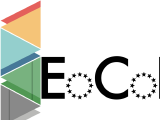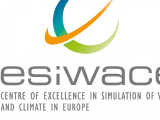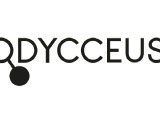SODALITE vision is to support Digital Transformation of European Industry through increasing design and runtime effectiveness of software-defined infrastructures, to ensure high-performance execution over dynamic heterogeneous execution environments; increasing simplicity of modelling applications and infrastructures, to improve manageability, collaboration, and time to market. This is achieved by providing application developers and infrastructure operators with tools that abstract their application and infrastructure requirements to enable simpler and faster development, deployment, operation, and execution of heterogeneous applications reflecting diverse circumstances over heterogeneous, software-defined, high-performance, cloud infrastructures, with a particular focus on performance, quality, manageability, and reliability.






